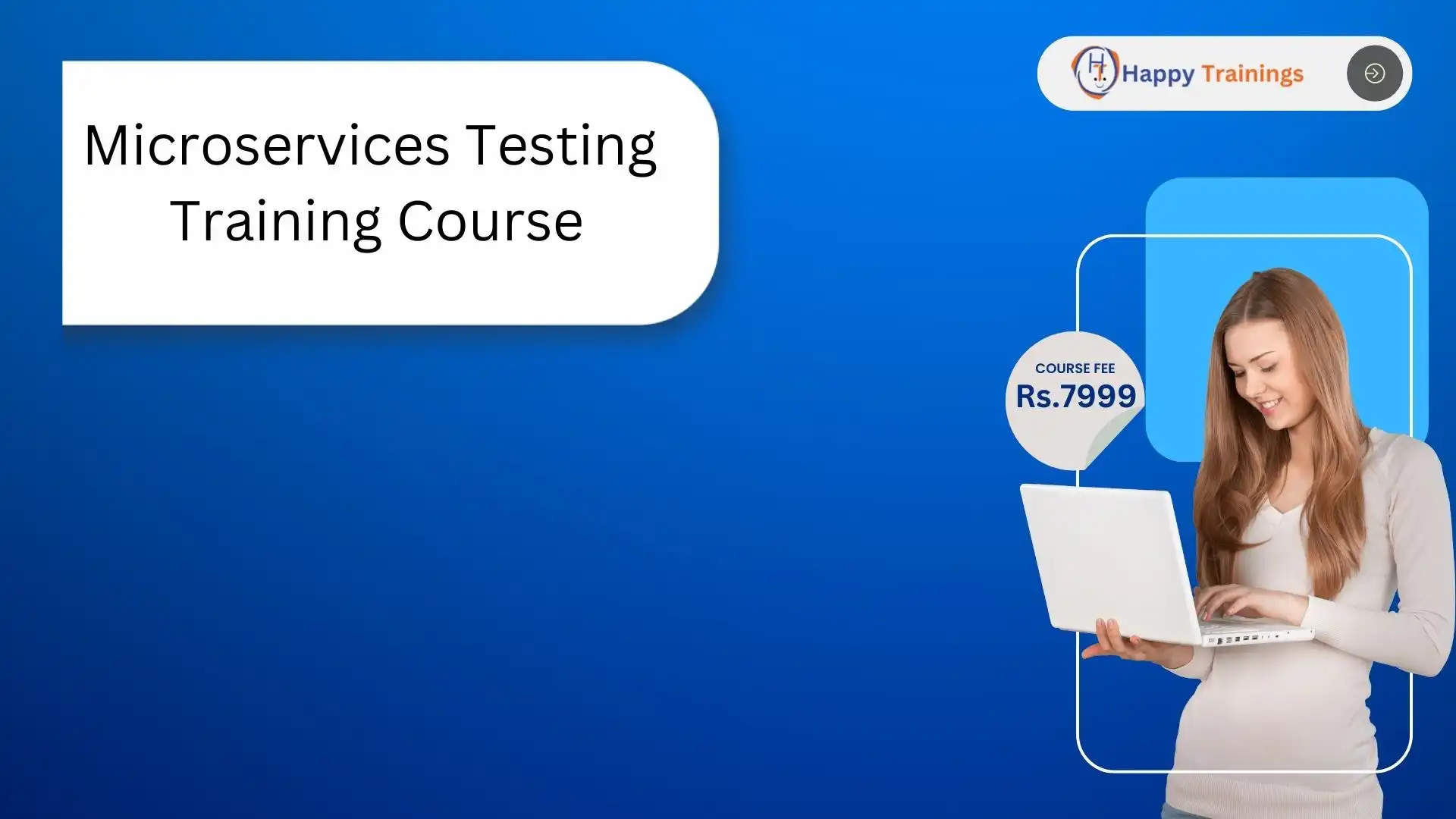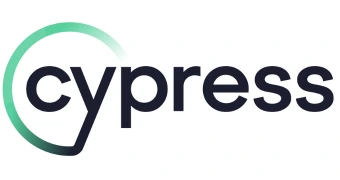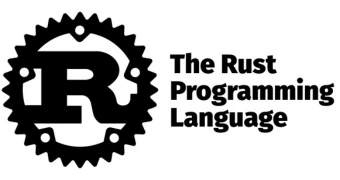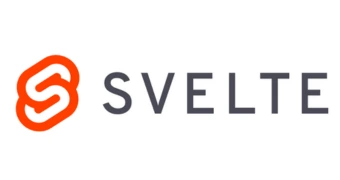Microservices Testing Training in Hyderabad

Microservices Testing Course Overview
The Join our Microservices Testing Training in Hyderabad and gain hands-on experience in designing, developing, testing, deploying, and managing microservices-based applications. Learn modularity, domain-driven design, testing strategies, scalability techniques, and popular frameworks like Spring Boot, Node.js, and .NET Core. Secure and scale your applications effectively.
Microservices Testing refers to the process of testing the individual components (microservices) and the integrated system in a microservices architecture. It focuses on ensuring the functionality, reliability, performance, and security of each microservice and their interactions within the overall system.
Microservices Testing Training Details
| Training Mode: | Live Instructor-led (online) |
| Course Duration: | 16hrs (1 Month) |
| Session Duration: | 2h / Day (Weekends) |
| Microservices Course Fee: | Rs.7999 / $100 |
| Trainer: | Experienced faculty with 5-15+ years of industry-rich experience |
| New Batch Schedule on: | 05-May-2024 7:00:am IST (Weekdays) |
Microservices Testing Course: Who Should Enroll?
-
Software Testers: Enhance your testing skills specifically for microservices-based architectures and gain expertise in testing individual microservices, integration testing, contract testing, and end-to-end testing.
-
Quality Assurance Engineers: Learn how to effectively test and validate the functionality, performance, and reliability of microservices and their interactions within a larger system.
-
Software Developers: Gain a deeper understanding of testing methodologies and best practices specific to microservices, enabling you to build testable and robust microservices-based applications.
-
Technical Leads and Architects: Deepen your knowledge of microservices testing strategies and learn how to design testable architectures and establish testing frameworks for microservices-based systems.
-
DevOps Engineers: Understand the testing aspects of deploying and managing microservices, including integration testing during the deployment pipeline and automating testing processes.
-
System Administrators: Acquire skills in testing microservices' deployments, monitoring, and managing microservices in production environments to ensure their performance and reliability.
-
Project Managers: Gain insights into the importance of testing in microservices projects, understand testing challenges, and learn to effectively manage testing activities within microservices development.
-
Anyone interested in Microservices Testing: If you have a keen interest in microservices and want to learn about testing methodologies, tools, and best practices, this course will provide you with the necessary knowledge and skills.
Enroll in our Microservices Testing Course and equip yourself with the expertise to effectively test and validate microservices-based applications, ensuring their functionality, reliability, and performance.
Prerequisites of Microservices Testing Course
-
Basic Software Testing Knowledge: Familiarity with software testing principles and methodologies, including unit testing, integration testing, and end-to-end testing, is recommended.
-
Understanding of Microservices Architecture: A basic understanding of microservices architecture, including its concepts, advantages, and challenges, will help grasp the specific testing requirements and considerations in a microservices environment.
-
Familiarity with Web Services and APIs: Prior knowledge of web services and API concepts, such as REST or SOAP, will be beneficial for understanding the interactions and communication between microservices.
-
Knowledge of Test Automation Tools: Familiarity with test automation tools and frameworks, such as Selenium, JUnit, or Postman, will be advantageous as automation plays a crucial role in microservices testing.
-
Basic Programming Skills: Basic programming skills in languages like Java, Python, or JavaScript will help in understanding and creating automated tests for microservices.
-
Experience with Testing Frameworks: Understanding and experience with testing frameworks like JUnit, TestNG, or NUnit will be beneficial for creating and executing tests for microservices.
Note: While these are recommended prerequisites, motivated individuals with a strong willingness to learn can still benefit from the Microservices Testing Course, even if they lack some of the mentioned prerequisites
Learning Objectives of Microservices Testing Course
-
Understand the fundamentals of microservices architecture and its impact on testing strategies and methodologies.
-
Gain knowledge of various types of testing in a microservices environment, including unit testing, integration testing, contract testing, and end-to-end testing.
-
Learn how to design and execute effective test cases for individual microservices, ensuring their functionality, reliability, and adherence to business requirements.
-
Explore techniques for testing the interactions and communication between multiple microservices to ensure seamless integration and data consistency.
-
Understand the concept of contract testing and learn how to validate and maintain compatibility between microservices through contract testing.
-
Acquire skills in performance testing of microservices to assess their response times, throughput, and scalability under different load conditions.
-
Learn about security testing strategies specific to microservices, including authentication, authorization, and protection against vulnerabilities and attacks.
-
Understand the role of test automation in microservices testing and gain hands-on experience with relevant tools and frameworks.
-
Explore approaches for testing microservices deployments, monitoring, and managing microservices in production environments.
-
Gain insights into best practices for microservices testing, including test data management, test environment setup, and reporting.
-
Develop the ability to identify and address common challenges and pitfalls in microservices testing.
By the end of the Microservices Testing Course, participants will be equipped with the knowledge and skills to effectively test and validate microservices-based applications, ensuring their functionality, reliability, performance, and security.
Microservices Testing Course Content
Section 1: Introduction to Micro services and advantages of them
- 1. Course Goals – Objective
- 2. Difference between Monolithic and Micro Services Architecture
- 3.How Micro Services communicate with each other in the distributed systems
- 4. Importance of Micro services Integration testing in Agile world
Section 2: Importance of Contract Testing in Micro Services Agile World
- 5. Why contract Tests are important to have? And its advantages
- 6. Setting up Micro services in local systems and walk through the code
Section 3: Setting up Pact Contract Testing tool and build Consumer Driven Tests
- 7. How to install and configure Pact Library for contract testing
- 8. Defining Pact Server configuration and related Interactions with response
- 9. Understand how to write Unit tests on pact server to generate contract Json file
Section 4: Generate Contract file and Setup Provider Runner to run on contract tests
- 10.How to configure Pact Library on provider side Micro Service
- 11.Setting up Pact Provider side tests configuration with context object
- 12. Define state change actions and run the tests on the consumer contract file
Section 5: How Contract Testing catched bugs if changes made on Provider Micro service
- 13.How contract test reports failure on change in API response contract
- 14. How to generate contract only on required fields of consumer with regex
Section 6: End to End Contract validations on both consumer and provider micro services
- 15.Demonstration on Negative Scenario Real world example on contract testing
- 16.Build Consumer side unit tests on pact mock server to generate contract file
- 17.Run tests on the provider side unit tests by updating state of actions
- 18.Building the pact server configuration for negative scenarios of no data found
- 19. Update the Status on Provider side to update the data as per contract test
Section 7: Pact Flow – Orchestrator to manager contract file globally between Micro Services
- 20.What is pact flow. How to setup Pact flow account and generate tokens
- 21.How to publish the contract from the customer repo to Pact flow
- 22.Retrieving the contract file from pact flow to provider repo with config changes
- Q&A
Microservices Testing Course Reviews
Find Microservices Testing Training in other cities
REGISTER NOW
Please let us know your requirements




The Microservices Testing Course by Happy Trainings exceeded my expectations. The course content was well-structured, covering all essential topics related to microservices testing. The hands-on exercises and live projects provided valuable practical experience. The instructors were highly knowledgeable and patiently addressed all our queries. The course not only enhanced my testing skills but also gave me the confidence to tackle complex testing scenarios in a microservices architecture. I highly recommend Happy Trainings to anyone looking to specialize in microservices testing.
I recently completed the Microservices Testing Course at Happy Trainings, and I couldn't be happier with the knowledge and skills I gained. The course covered all aspects of testing in a microservices environment, from unit testing to contract testing and performance testing. The practical assignments and case studies allowed me to apply the concepts to real-world scenarios. Happy Trainings' instructors were experts in the field and provided valuable insights. I'm confident that this course has significantly improved my ability to test microservices-based applications.